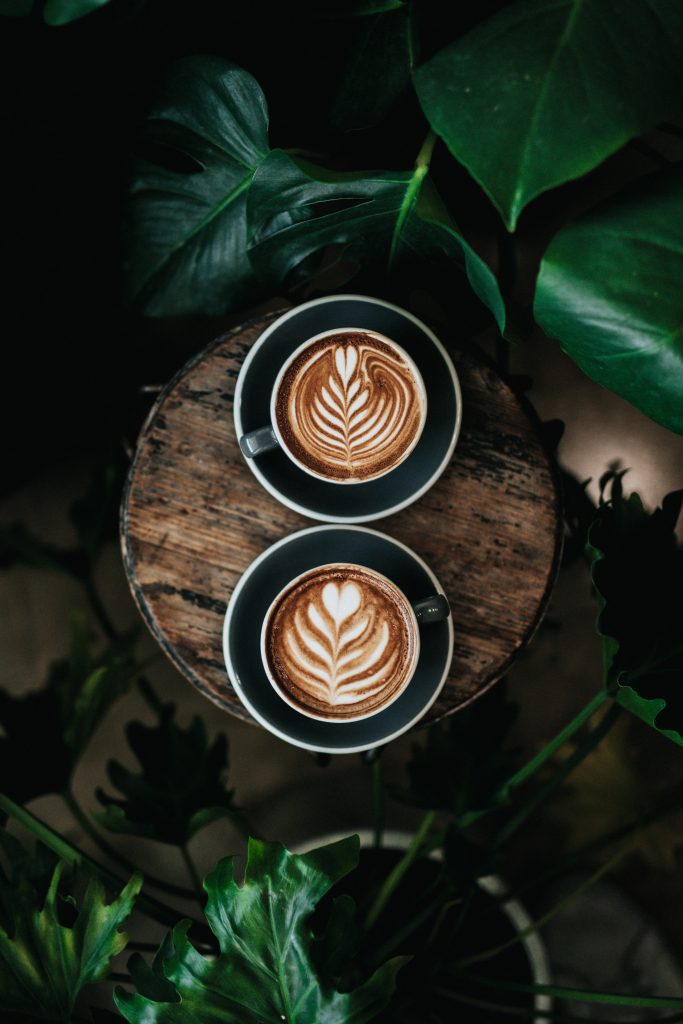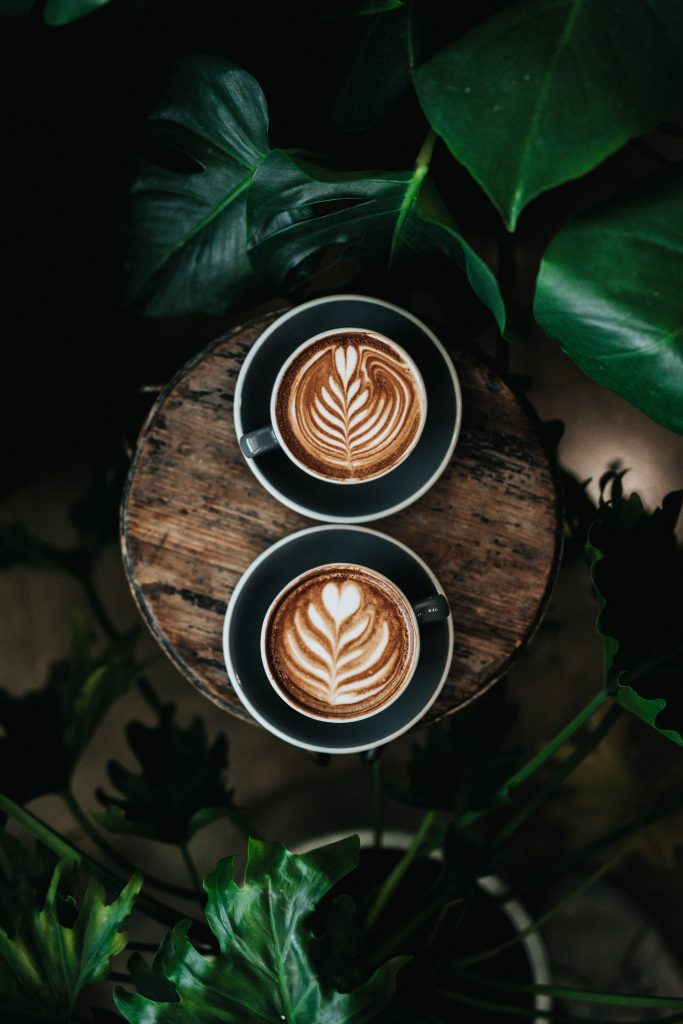Coffee has long been associated with creativity, serving as a source of inspiration for artists, writers, and thinkers throughout history. From the cafes of Paris in the early 1900s to the bustling coffee shops of today, coffee has played a central role in the creative process for many.
This connection between coffee and creativity has been a topic of much discussion and study, with researchers exploring the ways in which coffee can enhance cognitive function and stimulate the imagination.
In this article, we will explore the connection between coffee and creativity through the inspiring stories of artists in Cave Creek, Arizona. We will examine the history of coffee and its relationship to the creative process, as well as the scientific research that supports this connection.
Additionally, we will provide tips for using coffee to boost your own creativity, and encourage readers to embrace the connection between coffee and art. Whether you are a seasoned artist or simply looking to tap into your creative side, the stories and insights presented in this article are sure to inspire and enlighten.

The History of Coffee and Creativity
The historical relationship between the consumption of coffee and enhanced creativity has been widely studied and documented, tracing back to the early days of coffeehouses in the Ottoman Empire.
These coffeehouses were popular gathering places for scholars, artists, and intellectuals, who would spend hours discussing and debating various topics while drinking coffee.
It was believed that the stimulating effects of coffee helped to promote clear thinking and creativity, leading to an explosion of artistic and cultural activity.
As coffee spread throughout Europe and the Western world, it continued to be associated with creativity and intellectualism.
In the 18th century, coffeehouses became popular gathering places for writers and philosophers, who would spend hours discussing their ideas while drinking coffee.

The French Revolution was said to have been planned in the coffeehouses of Paris, while the American Revolution was said to have been fomented in the coffeehouses of Boston.
While the connection between coffee and creativity has not been scientifically proven, there is no doubt that coffee has played an important role in the history of human creativity.
From the coffeehouses of the Ottoman Empire to the modern-day cafes of New York City, coffee has provided a social and intellectual space for artists, writers, and thinkers to gather and exchange ideas.
Today, the connection between coffee and creativity continues to inspire and motivate people around the world.
Artists in Cave Creek: Their Inspirational Stories
Artists residing in the community of Cave Creek have shared their personal journeys and experiences, providing insight into the ways in which their surroundings have shaped their creative processes. From painters to sculptors and photographers, each artist has a unique story to tell about their creative journey and how coffee has played a role in their creative process.
For some, the act of brewing coffee has become a ritual that signals the start of a new day’s work, while for others, coffee shops have become a hub for networking and inspiration.
One artist, a painter named Sarah, shared that the scenery of Cave Creek has been a constant source of inspiration for her work. She often takes her canvas and paints to local coffee shops, where she can sit and observe the bustling community around her. Sarah credits the vibrant atmosphere of the coffee shop for sparking new ideas and giving her the motivation to continue creating. For her, coffee and creativity are intertwined, providing the perfect blend for a productive day of painting.
Another artist, a sculptor named John, shared that his morning coffee routine is essential to his creative process. He starts his day by brewing a strong cup of coffee at home and then heads to his studio to begin his work. The aroma of the coffee and the ritual of preparing it have become a meditative act that sets the tone for his day. John feels that the act of brewing coffee helps him to focus his thoughts and prepare his mind for the creative challenges ahead.
Overall, the stories of artists in Cave Creek demonstrate the connection between coffee and creativity. Whether it’s the scenery, the vibrant atmosphere of the coffee shop, or the ritual of brewing coffee, artists have found that coffee has played a crucial role in their creative process. From painters to sculptors and photographers, each artist has a unique story to tell about how coffee has inspired their work and helped them to stay motivated and focused.
The Science Behind Coffee and Creativity
Recent studies have shown that the consumption of caffeine, a key component in coffee, can stimulate the brain’s creative centers and enhance cognitive function. According to research conducted by the University of Arkansas, moderate doses of caffeine can improve divergent thinking, which is a key aspect of creative thinking. This is because caffeine increases the levels of dopamine and norepinephrine in the brain, which are neurotransmitters associated with alertness and focus.
Moreover, caffeine has been found to improve memory and information retention. This is because it blocks adenosine, a chemical that builds up in the brain over the course of the day and causes drowsiness. By blocking adenosine, caffeine can increase the brain’s ability to retain information and improve cognitive performance. Additionally, caffeine has been shown to enhance mood and reduce fatigue, which can help individuals stay motivated and focused on creative tasks.
Despite the benefits of caffeine, it’s important to note that excessive consumption can lead to negative side effects such as anxiety, restlessness, and insomnia. It’s recommended that individuals limit their caffeine intake to no more than 400 mg per day, or roughly four cups of coffee.
Ultimately, while caffeine can be a useful tool for enhancing creativity and cognitive function, it’s important to consume it in moderation and be mindful of its potential side effects.
Tips for Boosting Your Creativity with Coffee
One way to stimulate your creative thinking is to incorporate coffee into your daily routine. Many people find that coffee helps them to focus and stay alert, which can be particularly useful when brainstorming or working on creative projects. However, it’s important to note that the effects of coffee on creativity can vary depending on the individual and the type of coffee consumed.
To maximize the potential creativity-boosting effects of coffee, it’s important to choose the right type of coffee and consume it in moderation. Studies have shown that caffeine can enhance cognitive performance and creativity, but too much caffeine can lead to jitters and anxiety, which can have the opposite effect. Additionally, the type of coffee you choose can also impact your creativity. Some research suggests that dark roast coffee may have a greater impact on creativity than lighter roasts.
Another way to use coffee to boost your creativity is to incorporate it into your creative routine. For example, you could make a ritual out of drinking a cup of coffee before starting your creative work, or use coffee breaks as a way to step back and reflect on your ideas. By incorporating coffee into your creative process, you may find that it helps to stimulate your thinking and inspire new ideas.
However, it’s important to remember that coffee is just one tool that you can use to boost your creativity, and it may not work for everyone.
Embracing the Connection Between Coffee and Art
The combination of coffee and art has captivated individuals for centuries, becoming a ritualistic experience that evokes feelings of passion and inspiration among enthusiasts. Coffee shops have become a popular meeting spot for artists and creatives, providing a space for them to work on their craft while sipping on their favorite brew.
The connection between coffee and art is not only physical but also psychological, as caffeine can enhance focus and creativity, leading to more productive and innovative work. Many artists have found inspiration in coffee, using the beverage as a muse for their creative endeavors.
For instance, Vincent van Gogh was known to consume large quantities of coffee while painting, and even dedicated a painting to the beverage called ‘The Coffee Drinker.’ Other artists, such as Salvador Dali and Jackson Pollock, also had a preference for coffee, which they believed helped them achieve a heightened state of creativity. It is not only painters that have been inspired by coffee; writers, musicians, and actors have also found the beverage to be a source of inspiration.
In recent years, the connection between coffee and art has grown stronger, with coffee shops becoming a hub for local artists to showcase their work. Many cafes display art on their walls, creating a cozy and creative atmosphere that fosters inspiration and community. Coffee shops have also become venues for art shows, poetry readings, and music performances.
The connection between coffee and art has become a cultural phenomenon, and continues to inspire creatives all over the world.
Conclusion
In conclusion, the connection between coffee and creativity has been a long-standing one, with artists and writers alike using the beverage to fuel their creative processes. The history of coffee and its association with creativity can be traced back centuries, with coffeehouses serving as hubs for intellectual and artistic exchange. The science behind coffee and creativity suggests that caffeine can enhance cognitive function and boost mood, leading to increased creativity.
For those looking to harness the power of coffee for their own creative pursuits, there are several tips to keep in mind. Experimenting with different brewing methods and types of coffee can help you find the perfect cup to inspire your creativity. Additionally, taking breaks and allowing yourself time to relax and recharge can also be beneficial for your creative output.
Ultimately, embracing the connection between coffee and art can lead to a more fulfilling and productive creative practice. Whether you’re a professional artist or simply looking to explore your creative side, coffee can be a valuable tool in your creative toolkit. So the next time you sit down to create, consider pouring yourself a cup of coffee and see where your imagination takes you.







